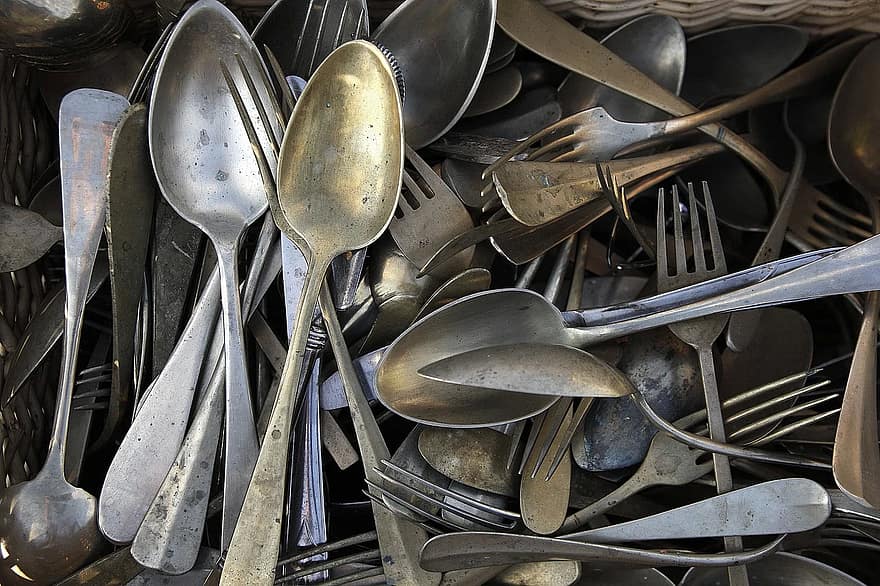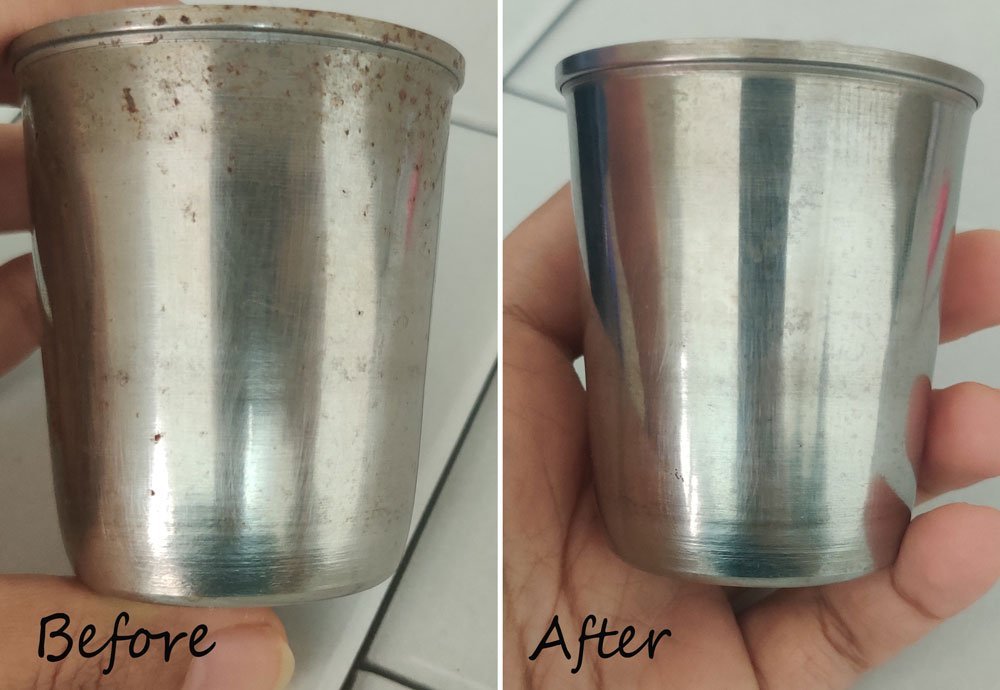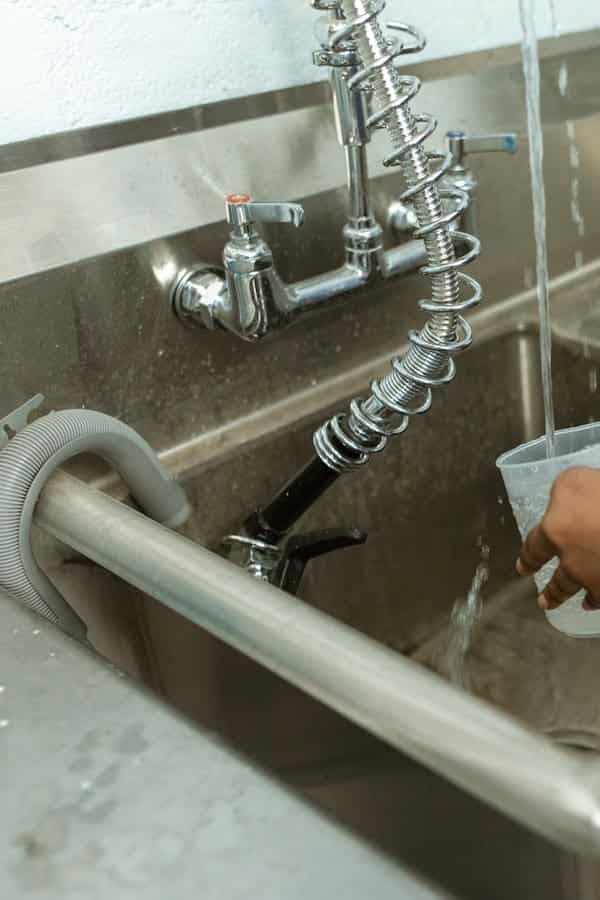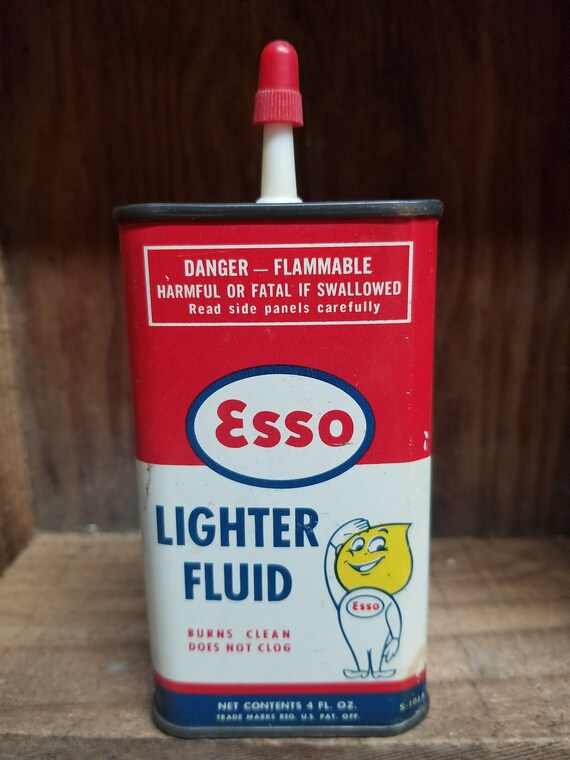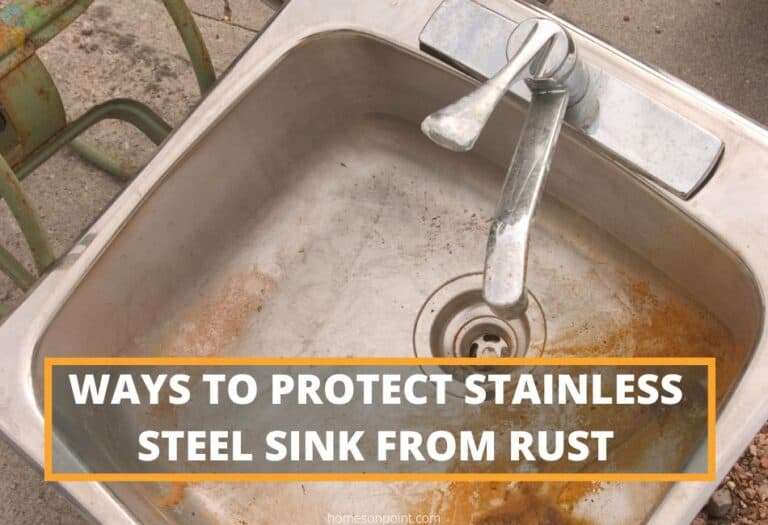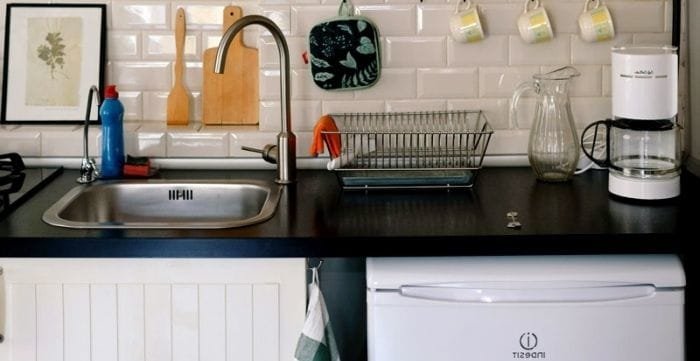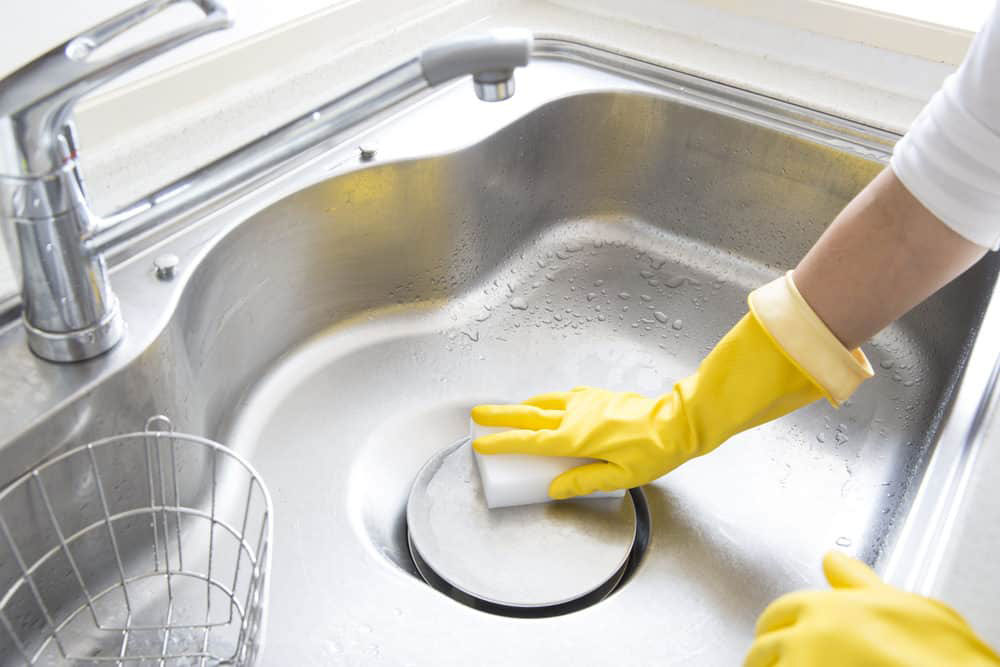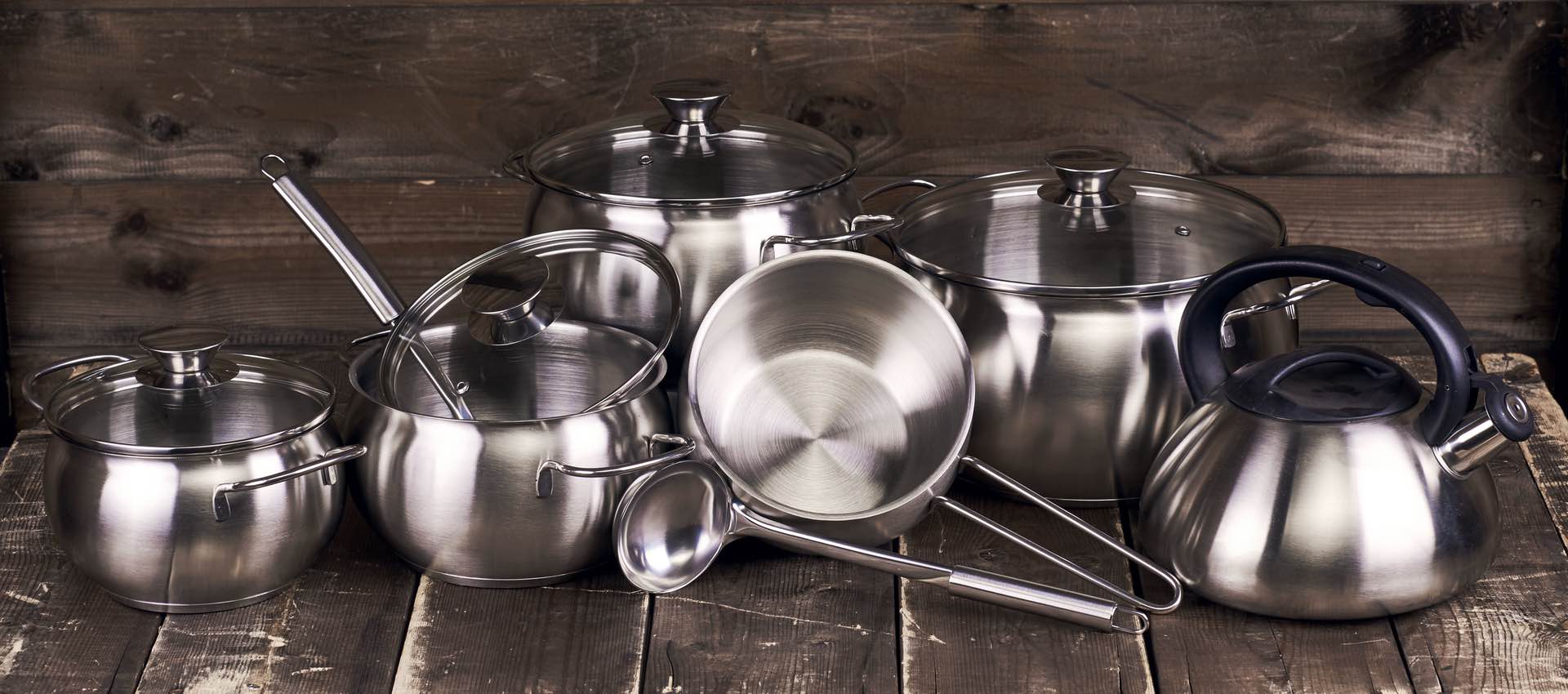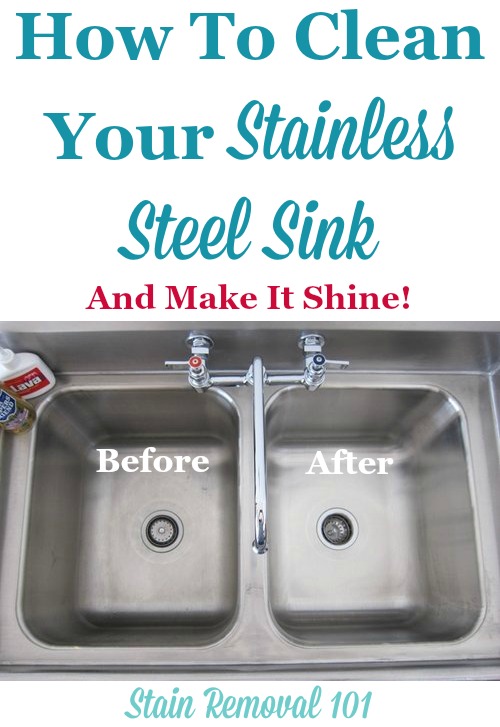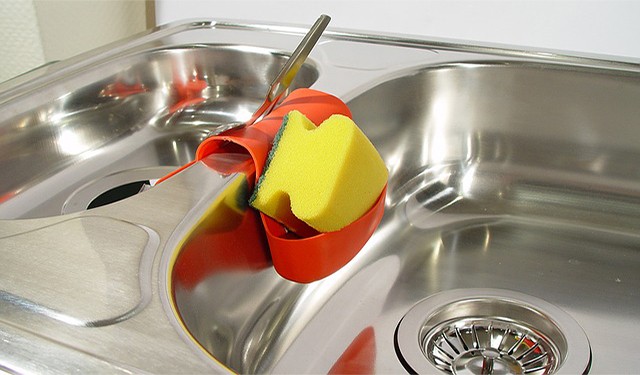If you have a stainless steel kitchen sink, you know how important it is to keep it looking clean and shiny. But one of the biggest challenges with this type of sink is preventing rust. Rust can ruin the appearance of your sink and even cause damage over time. Fortunately, there are some simple steps you can take to prevent rust from forming in your stainless steel sink.How to Prevent Rust in Stainless Steel Kitchen Sinks
If you already have rust in your stainless steel sink, don't panic. There are several effective methods for removing rust and restoring the shine to your sink. One option is to use a mixture of baking soda and lemon juice to create a paste. Apply the paste to the rusted areas and let it sit for a few hours before scrubbing it off with a soft cloth. For tougher rust stains, you can use a commercial stainless steel cleaner or even a small amount of white vinegar.How to Remove Rust from a Stainless Steel Sink
Stainless steel is known for its durability and resistance to corrosion, so why does it sometimes rust? The truth is, stainless steel can rust under certain conditions. One of the most common culprits is exposure to harsh chemicals or acidic foods, which can cause pitting and eventually lead to rusting. Another factor is scratches or damage to the protective layer on the steel, which can leave it vulnerable to rust. Fortunately, with proper care and maintenance, you can prevent rust from forming in your stainless steel sink.Why Does Stainless Steel Rust?
The key to preventing rust in your stainless steel sink is to keep it clean and dry. Regularly cleaning your sink with a mild soap and water will help remove any dirt or debris that could lead to rust. Be sure to dry the sink thoroughly after each use to prevent water spots or mineral deposits from forming. For extra shine, you can use a stainless steel polish or a few drops of olive oil on a soft cloth.How to Clean a Stainless Steel Sink and Make it Shine
Once you have your stainless steel sink looking clean and shiny, you want to keep it that way. There are a few simple habits you can incorporate into your routine to help prevent rust and keep your sink looking like new. Avoid leaving wet sponges or dishcloths in the sink, as they can trap moisture and promote rust. Also, be careful not to leave metal objects or acidic foods on the sink's surface for extended periods. And remember to always use a cutting board to protect the sink from scratches.How to Keep Your Stainless Steel Sink Looking Like New
When it comes to cleaning your stainless steel sink, there are a few tips and tricks that can make the process easier and more effective. First, avoid using harsh chemicals or abrasive cleaners, as they can damage the finish of your sink and leave it vulnerable to rust. Stick to gentle cleaners and natural solutions, like the baking soda and lemon juice paste mentioned earlier. Also, be sure to use a soft cloth or sponge when cleaning to avoid scratching the surface.The Best Way to Clean a Stainless Steel Sink
Despite your best efforts, you may still encounter rust stains in your stainless steel sink from time to time. If this happens, don't panic. There are a few effective methods for removing rust stains and restoring your sink's shine. In addition to the baking soda and lemon juice paste, you can also try using a mixture of cream of tartar and hydrogen peroxide or a commercial rust remover specifically designed for stainless steel.How to Get Rid of Rust Stains in a Stainless Steel Sink
Prevention is key when it comes to keeping rust at bay in your stainless steel sink. One way to protect your sink from rust is to invest in a high-quality stainless steel sink with a thick, protective layer. You can also use a sink grid or mat to prevent scratches and damage to the sink's surface. And remember to always clean and dry your sink after each use to prevent water from sitting and causing rust.How to Protect Your Stainless Steel Sink from Rust
If your stainless steel sink has already succumbed to rust, don't worry. There are ways to restore your sink and get it looking like new again. Start by removing any rust and stains using one of the methods mentioned earlier. Then, use a stainless steel polish or a mixture of baking soda and water to buff out any remaining scratches or discoloration. With some patience and elbow grease, you can restore your rusty sink to its former glory.How to Restore a Rusty Stainless Steel Sink
Once you have removed rust from your sink and restored its shine, you want to make sure it stays that way. To maintain a rust-free stainless steel sink, be sure to clean it regularly with mild soap and water, dry it thoroughly after each use, and avoid using harsh chemicals or abrasive cleaners. With proper care and maintenance, your stainless steel sink can stay rust-free and continue to look beautiful for years to come.How to Maintain a Rust-Free Stainless Steel Sink
How to Prevent Rust on Your Stainless Steel Kitchen Sink
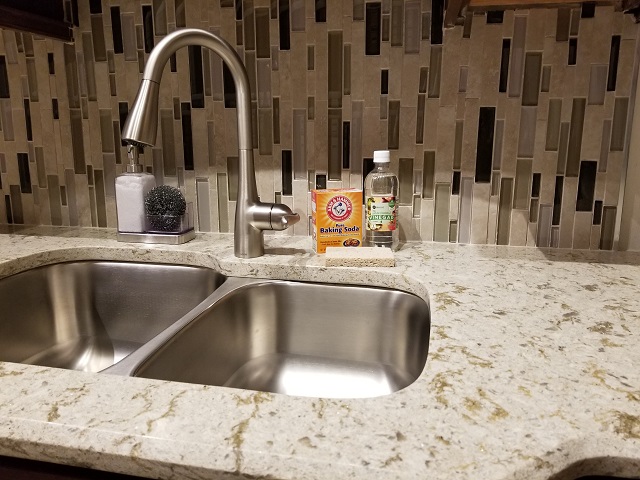
The Importance of a Stainless Steel Kitchen Sink
 When it comes to house design, the kitchen is one of the most important areas to consider. It's where we prepare and cook our meals, and it's often the hub of family gatherings and social events. That's why having a durable and functional kitchen is essential. One key component of a well-designed kitchen is the
stainless steel kitchen sink
. Not only is it aesthetically pleasing, but it's also easy to clean and maintain. However, one common concern with stainless steel sinks is the possibility of rusting. In this article, we will discuss the causes of rust on stainless steel sinks and how to prevent it.
When it comes to house design, the kitchen is one of the most important areas to consider. It's where we prepare and cook our meals, and it's often the hub of family gatherings and social events. That's why having a durable and functional kitchen is essential. One key component of a well-designed kitchen is the
stainless steel kitchen sink
. Not only is it aesthetically pleasing, but it's also easy to clean and maintain. However, one common concern with stainless steel sinks is the possibility of rusting. In this article, we will discuss the causes of rust on stainless steel sinks and how to prevent it.
Why Do Stainless Steel Sinks Rust?
 Contrary to popular belief, stainless steel is not completely resistant to rust.
Stainless steel
is an alloy composed of iron, chromium, and nickel, which makes it more resistant to corrosion than regular steel. However, if the protective layer of chromium on the surface of the steel is damaged or compromised, it can lead to rusting. This damage can be caused by harsh chemicals, abrasive cleaners, or even scratches from sharp objects.
Contrary to popular belief, stainless steel is not completely resistant to rust.
Stainless steel
is an alloy composed of iron, chromium, and nickel, which makes it more resistant to corrosion than regular steel. However, if the protective layer of chromium on the surface of the steel is damaged or compromised, it can lead to rusting. This damage can be caused by harsh chemicals, abrasive cleaners, or even scratches from sharp objects.
Preventing Rust on Your Stainless Steel Sink
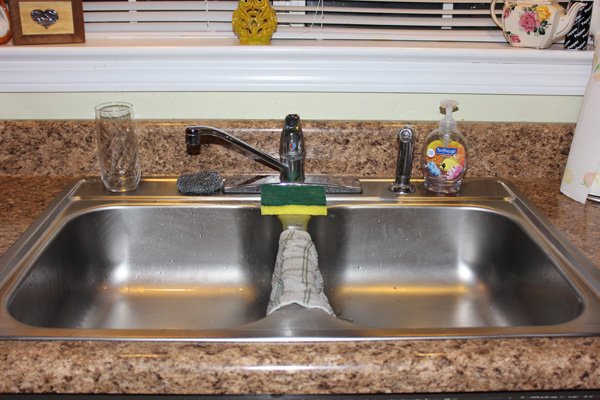 To ensure that your
stainless steel kitchen sink
remains rust-free, here are some preventive measures you can take:
To ensure that your
stainless steel kitchen sink
remains rust-free, here are some preventive measures you can take:
1. Clean Regularly
One of the best ways to prevent rust on your stainless steel sink is by regularly cleaning it with a mild detergent and warm water. Avoid using harsh chemicals or abrasive cleaners, as these can damage the protective layer of chromium. Also, make sure to rinse and dry the sink thoroughly after cleaning to prevent water spots and mineral buildup.2. Use a Stainless Steel Cleaner
If your sink does get stained or shows signs of rust, use a stainless steel cleaner specifically designed for kitchen sinks. These cleaners contain ingredients that can help remove stains and restore the shine of your sink without causing damage.3. Avoid Scratching
As mentioned earlier, scratches on the surface of your stainless steel sink can compromise the protective layer and lead to rusting. To prevent scratches, avoid using steel wool, rough sponges, or abrasive cleaners. Instead, use a soft cloth or sponge to clean your sink.4. Consider a Protective Coating
If you want to take extra precautions, you can apply a protective coating on your stainless steel sink. There are various products available in the market, such as sealants or wax, that can help prevent rust and maintain the shine of your sink.5. Address Leaks and Standing Water
Lastly, make sure to address any leaks or standing water in your sink. Constant exposure to water can also lead to rusting, so it's important to fix any plumbing issues and dry the sink after use.Conclusion
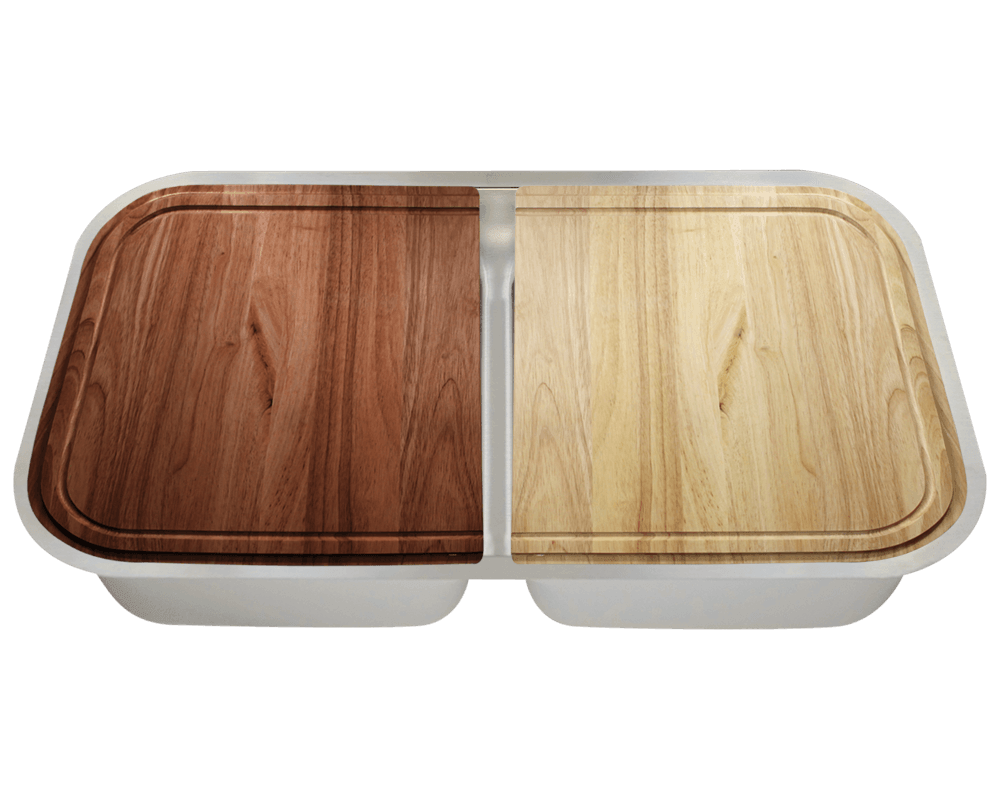 In conclusion, while stainless steel sinks are known for their durability and resistance to rust, they still require proper care and maintenance to prevent any damage. By following the tips mentioned above, you can keep your
stainless steel kitchen sink
looking pristine and rust-free for years to come.
In conclusion, while stainless steel sinks are known for their durability and resistance to rust, they still require proper care and maintenance to prevent any damage. By following the tips mentioned above, you can keep your
stainless steel kitchen sink
looking pristine and rust-free for years to come.



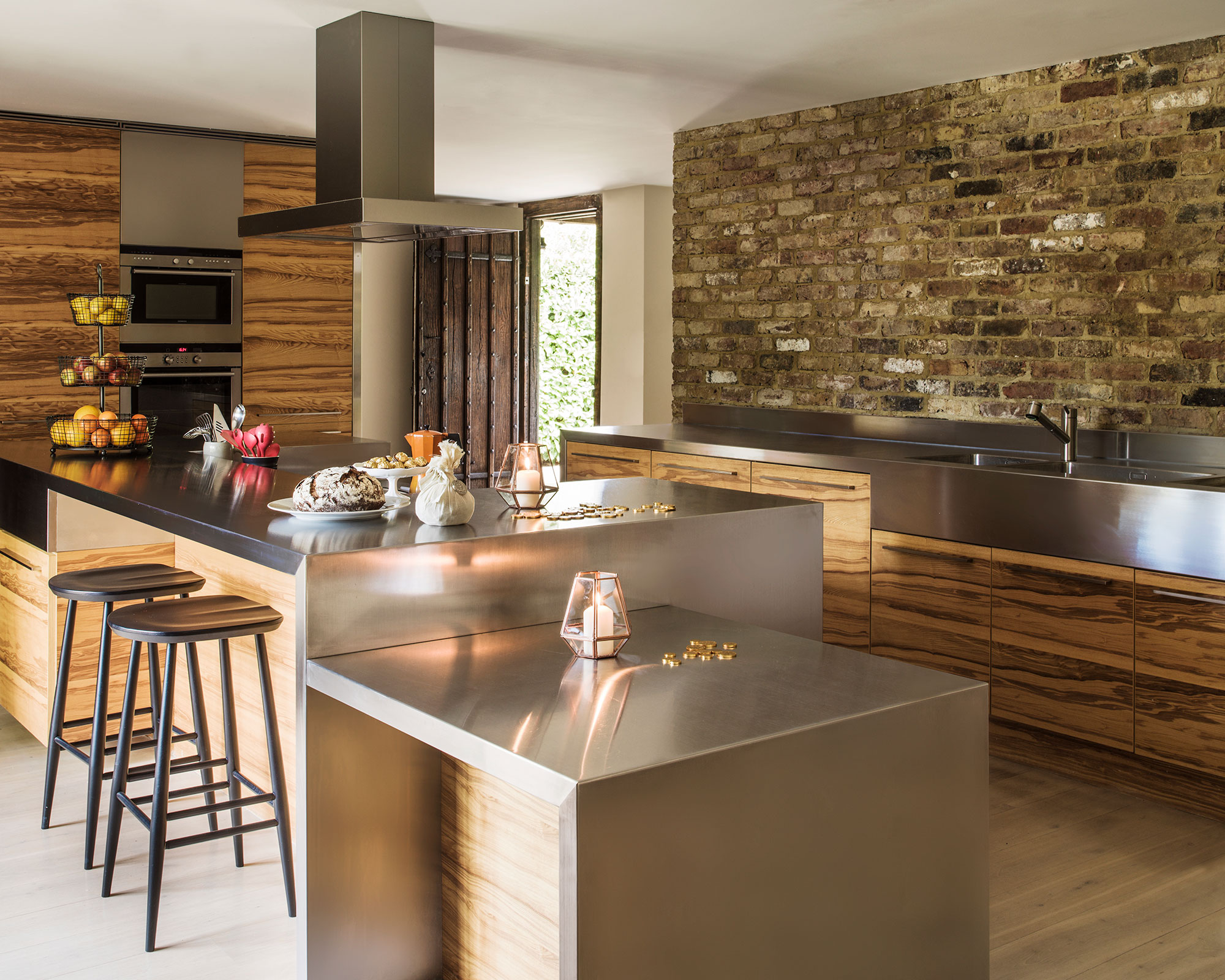
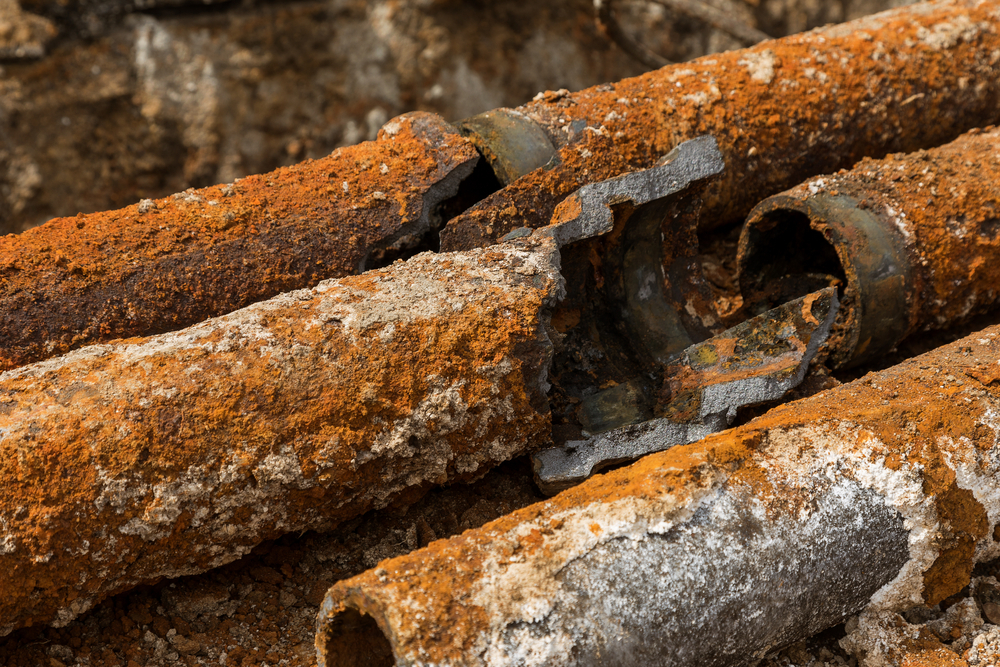




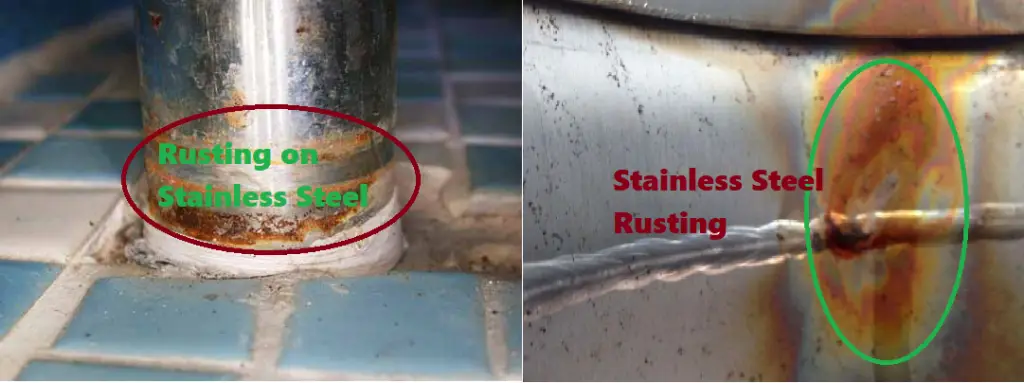
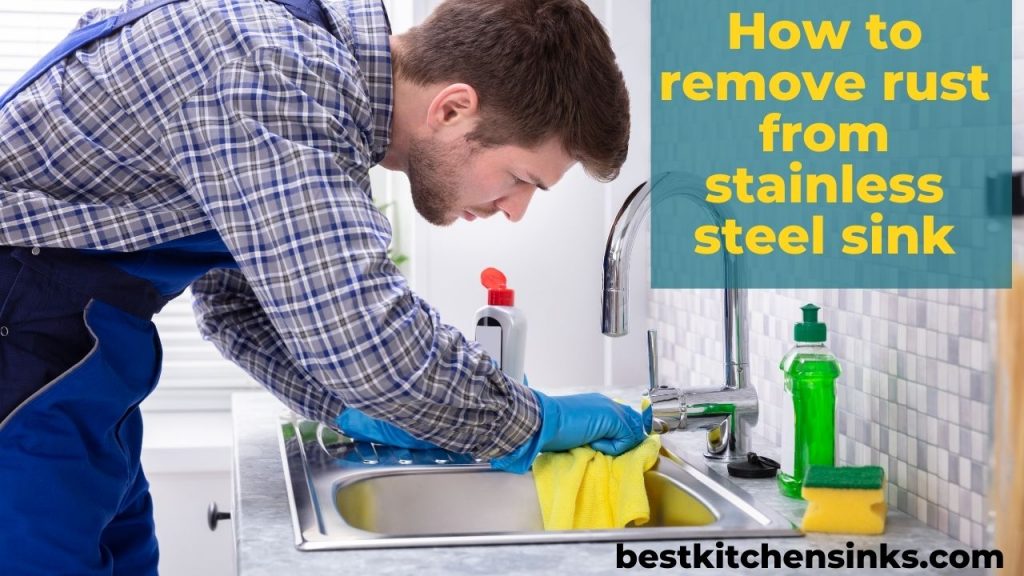


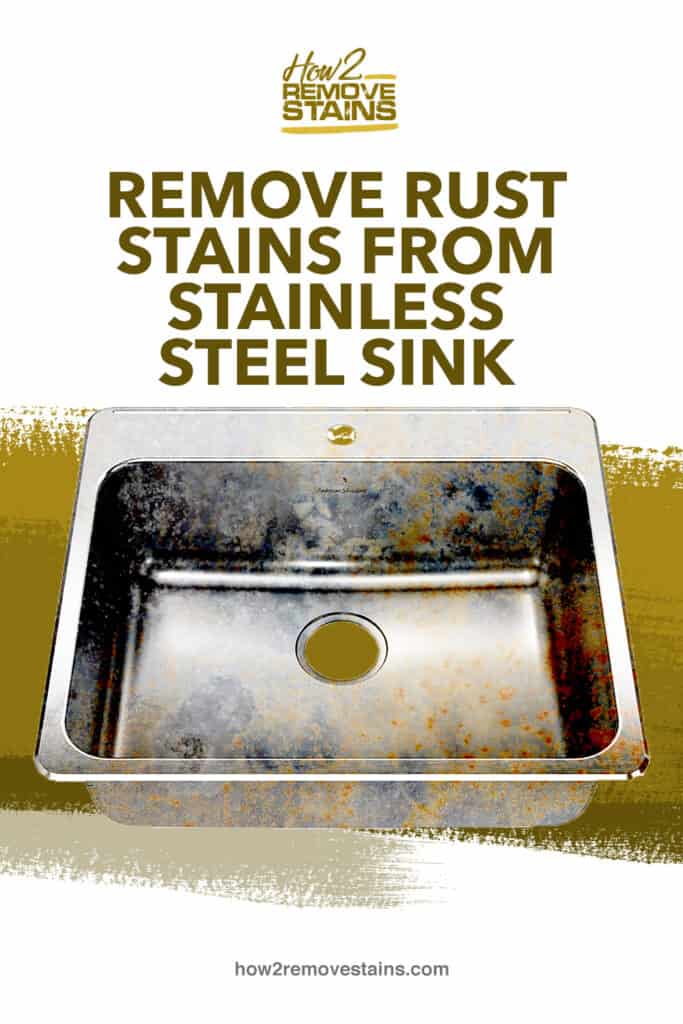



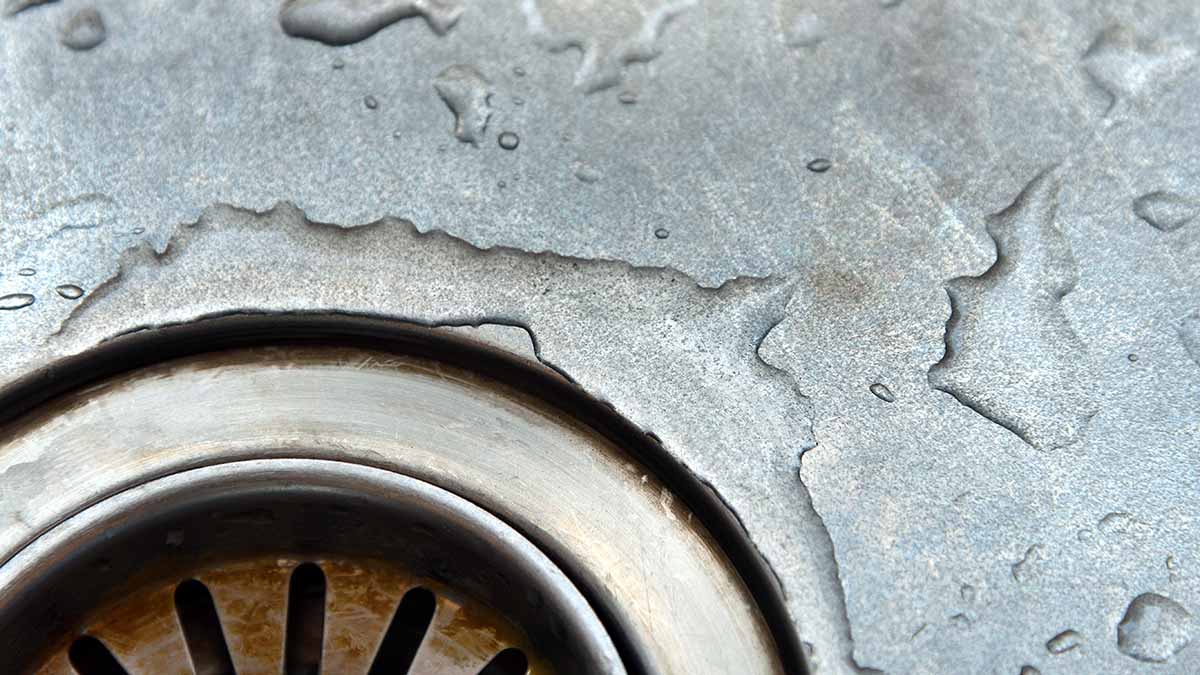

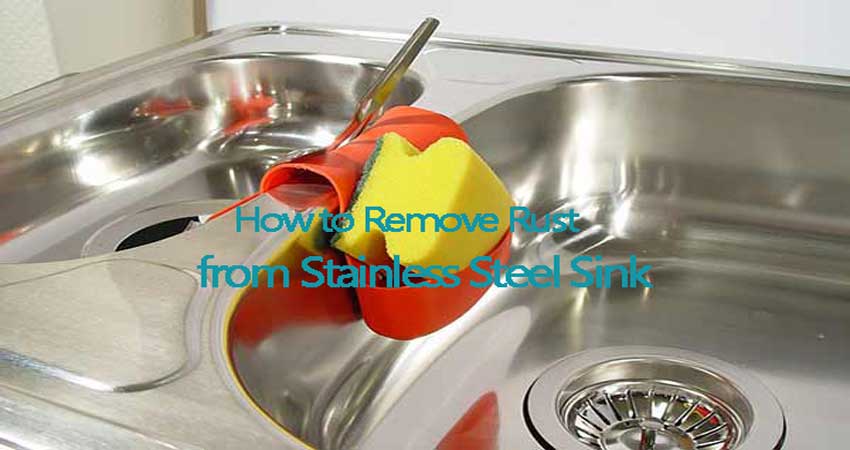



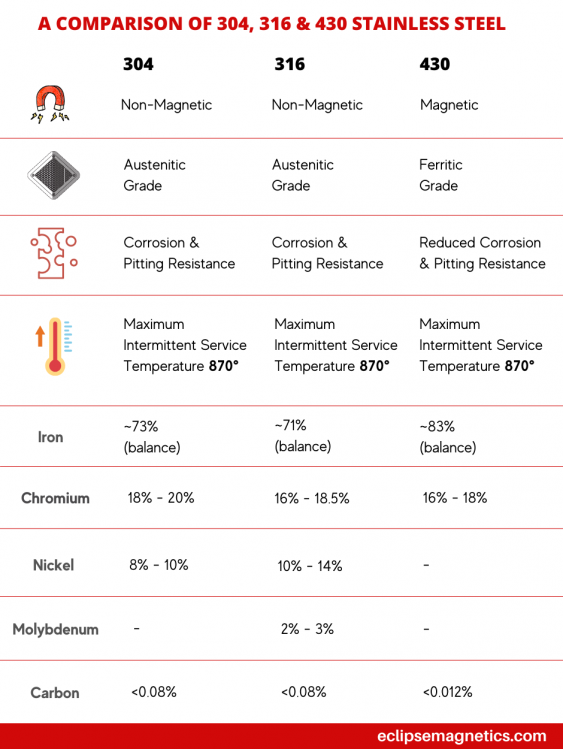

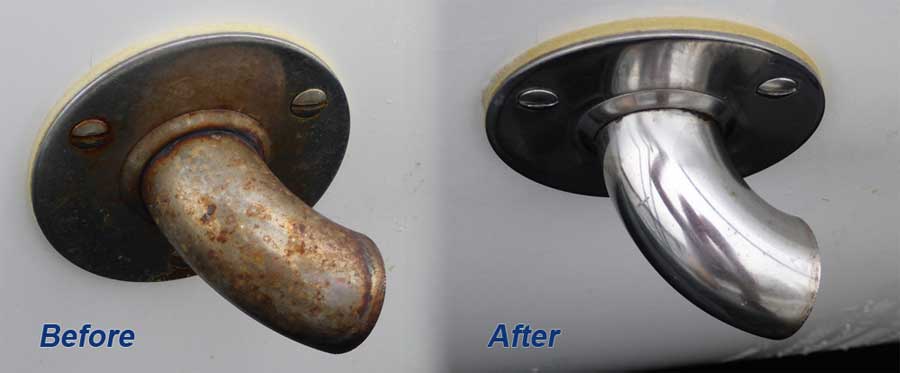


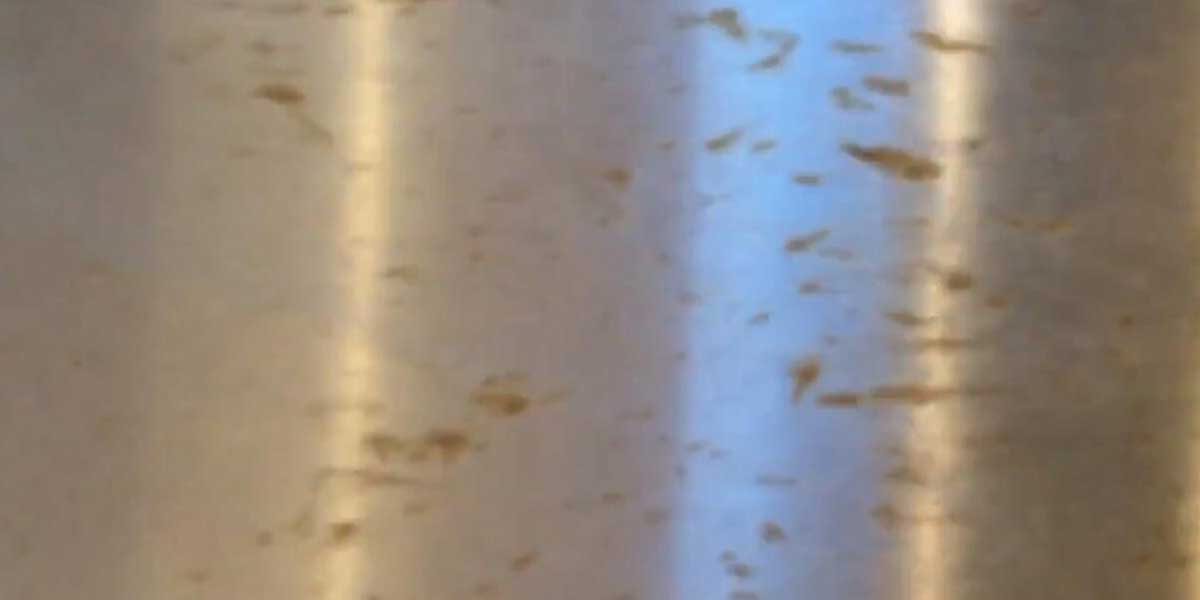
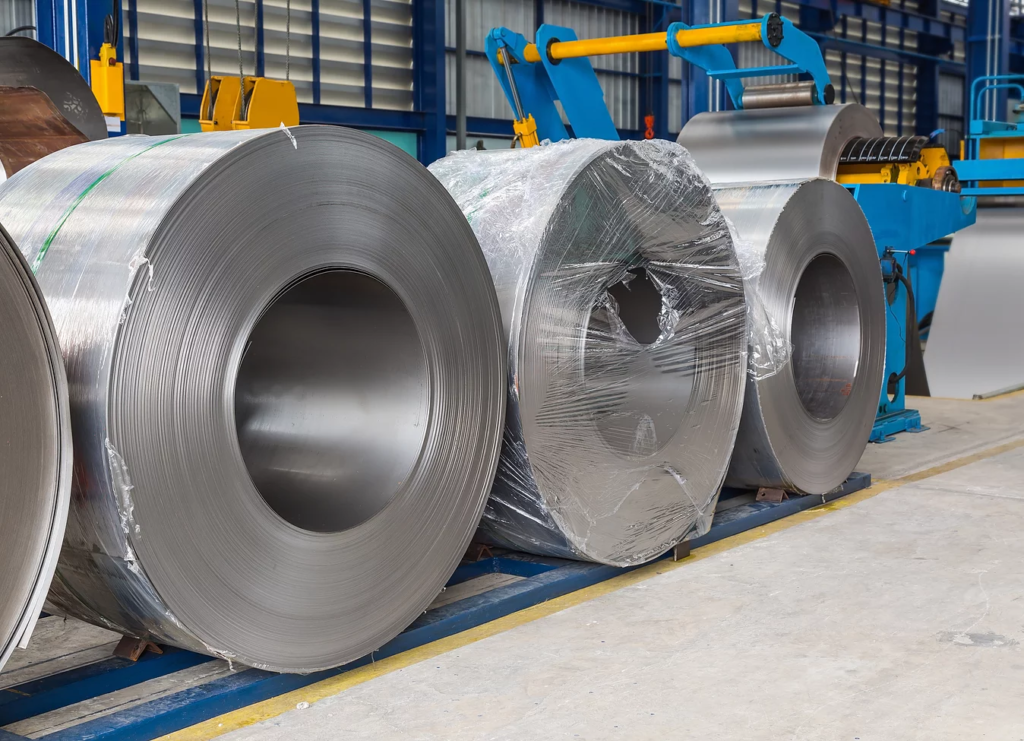





:max_bytes(150000):strip_icc()/how-to-clean-a-stainless-steel-sink-5093605-03-11ec4355990742cf834cada8ad1bf87b.jpg)
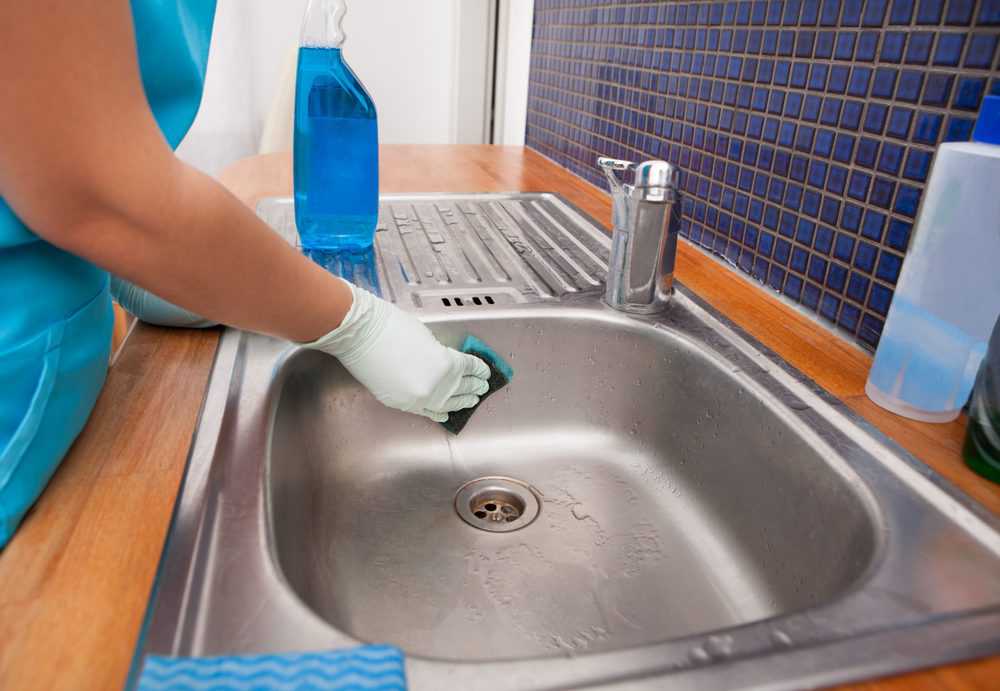
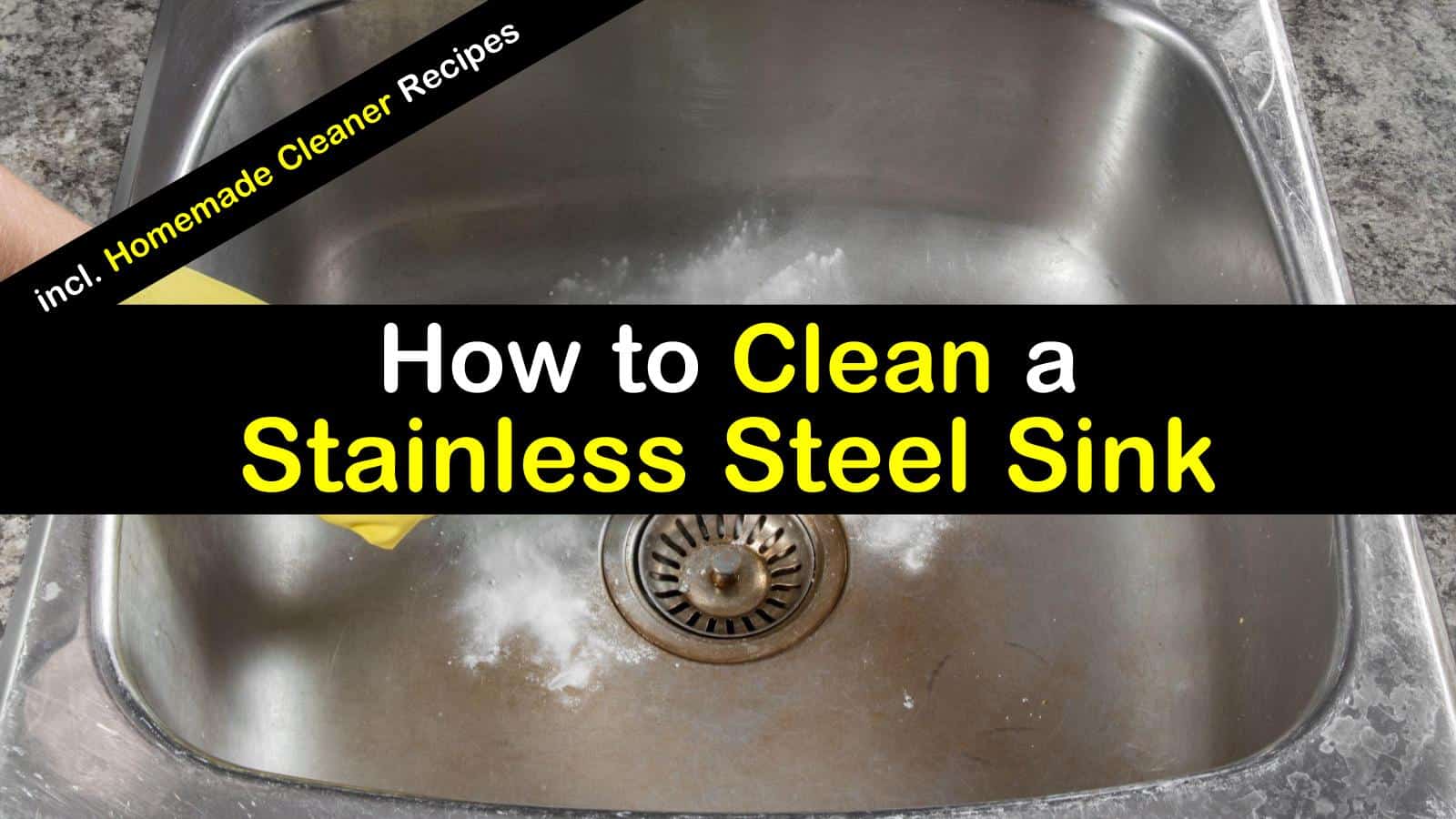


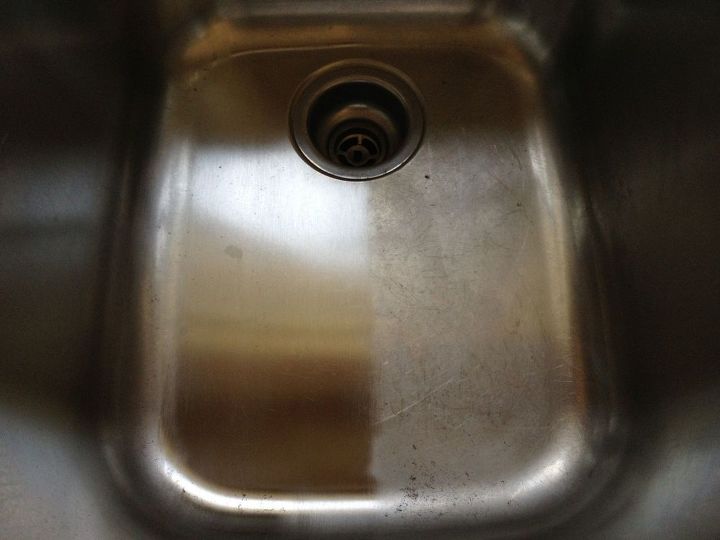
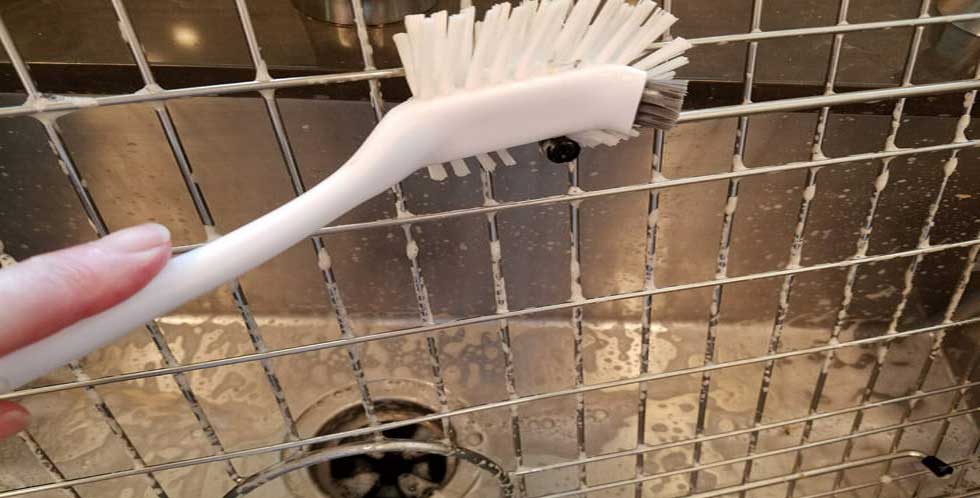



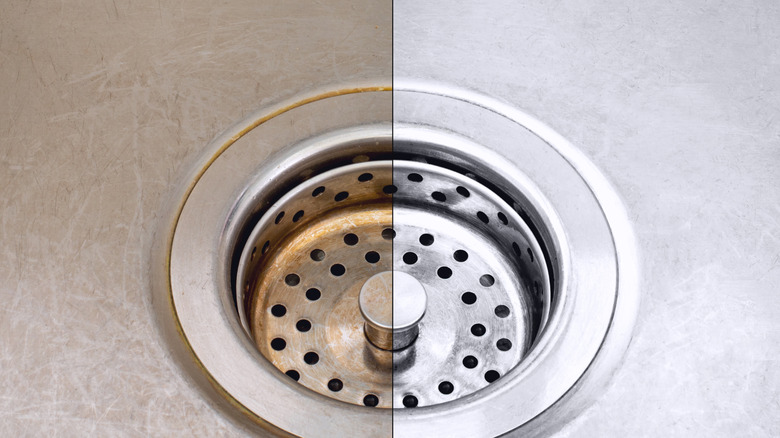

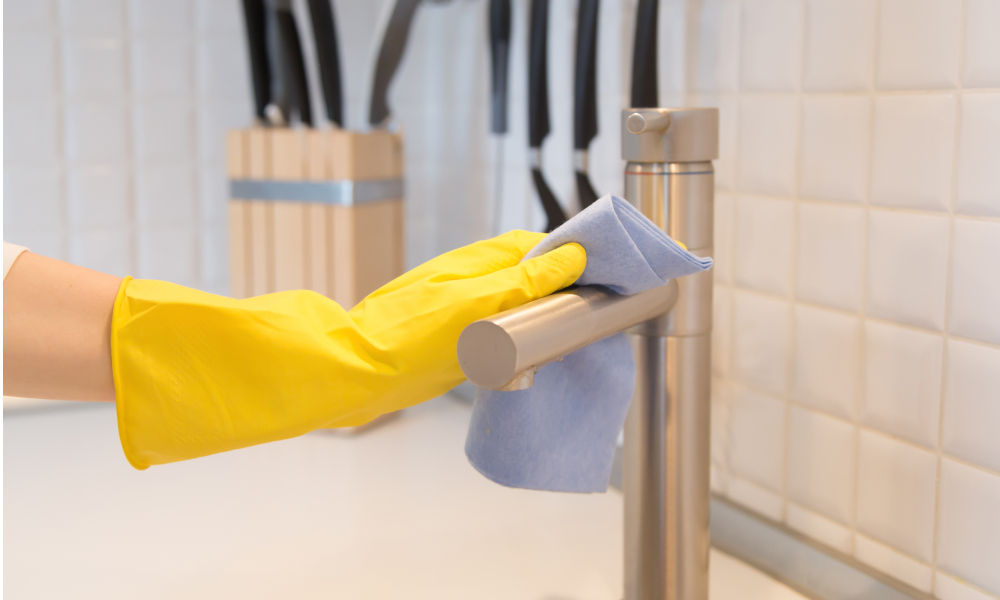





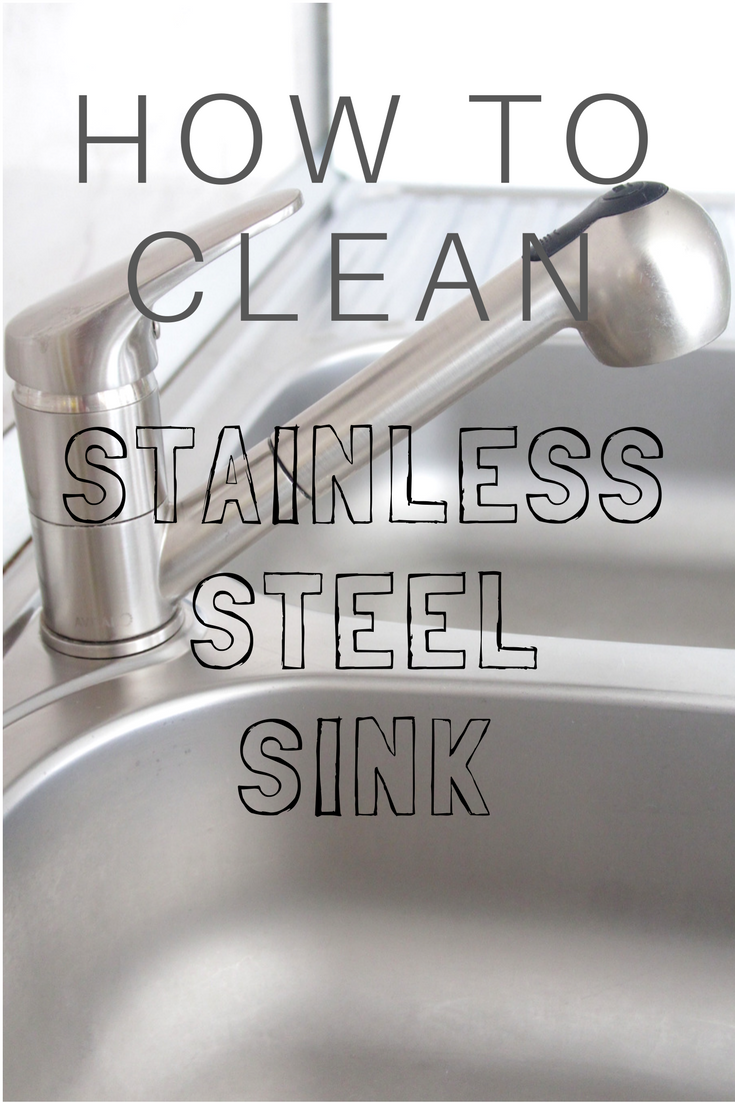



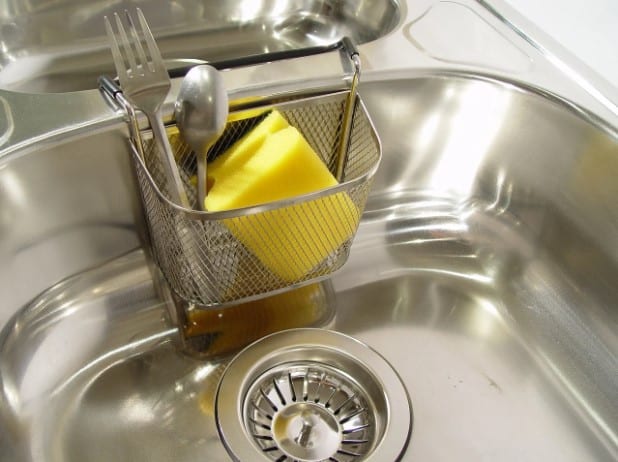
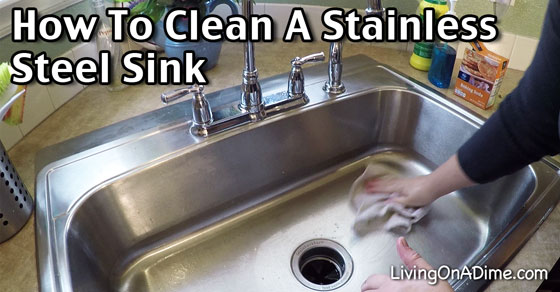




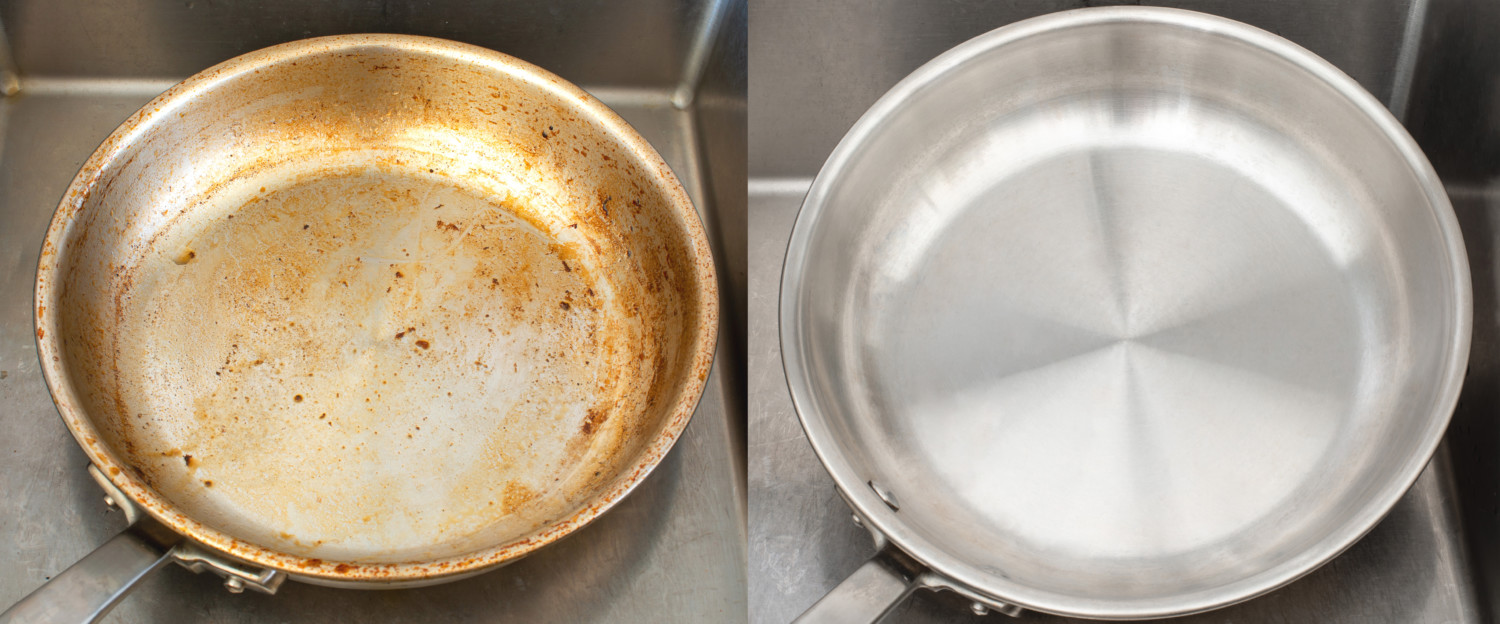
:max_bytes(150000):strip_icc()/homemade-rust-remover-recipes-1387936_FINAL-6c6543826627420ba5152b7ad0ea67c7.png)
